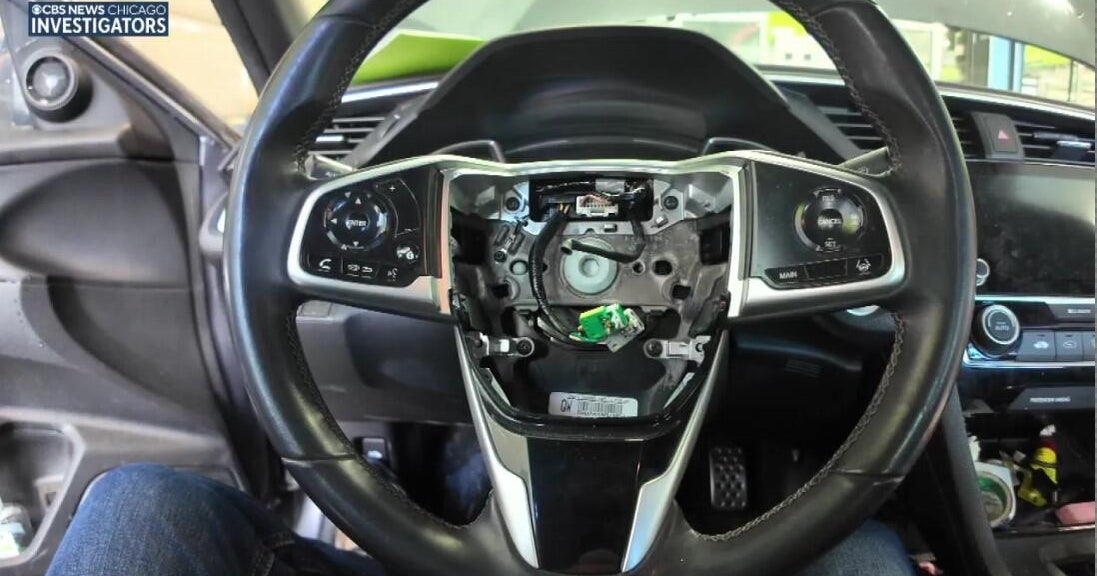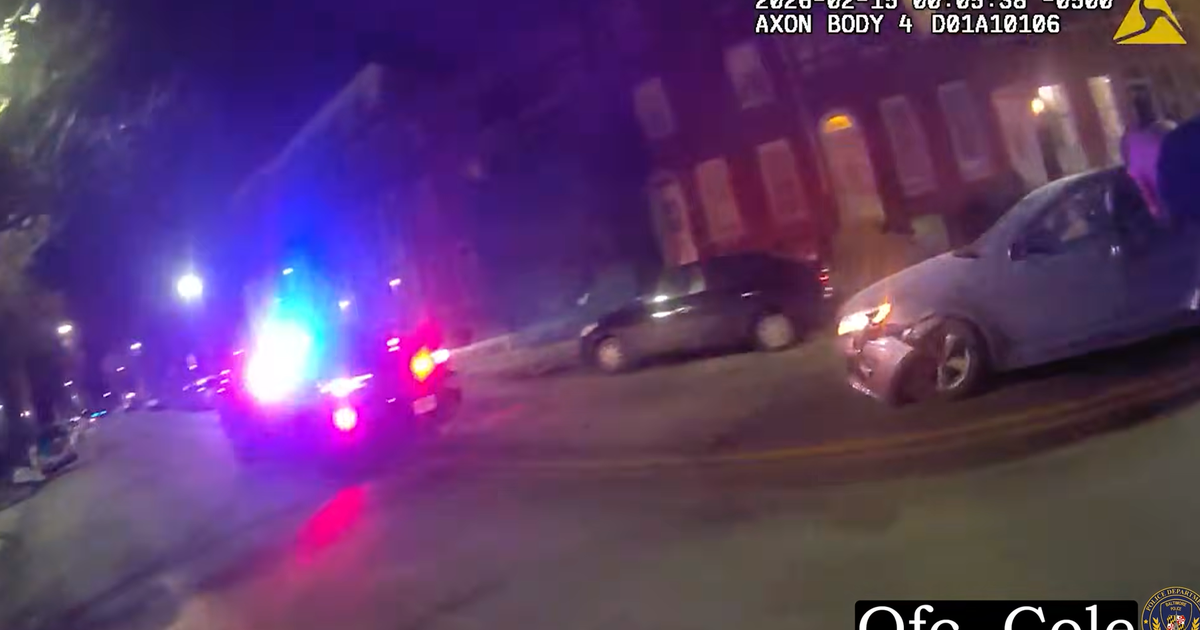4 Things Car Thieves Love To See

Car theft is on the decline--and today, the chances that your vehicle will be stolen are lower than any time in the past 15 years.
The FBI estimates that in 2010, some 737,142 vehicles were stolen in the U.S., a drop of more than 7 percent from the year before. The National Highway Traffic Safety Administration reports the more of the same: it says that in 2009, car theft fell more than 21 percent, to an average of 1.33 vehicles stolen per 1,000.
But while anti-theft systems and marked car parts have made it harder to steal cars and sell the pieces, it's still far too common a crime in many cities--especially in California, which counts seven of the top 10 cities for car theft, according to the National Insurance Crime Bureau. As quickly as carmakers and drivers take preventative measures, professional theft rings and chop shops work to defeat them.
The most sophisticated crooks may have an upper hand, but some simple prevention can keep you and your car from falling victim to casual thieves. Many cars get stolen or vandalized because their owners didn't take the most basic precautions like locking up, never leaving it running, and never leaving the keys in it.
Beyond the obvious, it's all about eliminating the other clear signs that your car is there for the taking. When car thieves are looking for their next score, these are four things they love to see:
1. Easy targets. Cars parked in dark, isolated, or otherwise concealed areas are excellent choices for the aspiring car thief. But so do vehicles that show obvious signs of neglect: a collection of parking tickets, for example, or just a coat of road dust, anything that suggests the owner hasn't been on the scene in a while. If you're going to park your vehicle for an extended period, leave it somewhere attended--or disable it by removing the battery to make a quick getaway impossible.
2. Popular late-model cars. The list of most-stolen cars is topped by perennial best-sellers like the Toyota Camry, Honda Accord, Chevrolet Impala, and Ford F-150. Some more exotic cars may have higher theft rates, but these mainstream victims of theft arise from a set of factors: the black market for parts, the ease of breaking into them, and the anonymity of driving off in one from the scene of the crime. If you own one, the usual precautions apply, but additional protection might not just be a good idea, it may also reduce your insurance rates.
3. Cars with no visible, activated alarm system. Real-time vehicle tracking systems such as GM's OnStar and aftermarket services like LoJack are the bane of thieves, but most luxury cars and even many mass-market vehicles come with basic anti-theft systems. They don't pose much of an obstacle if they're not activated, though. If you have a vehicle with such a system, make sure it's armed when you walk away.
4. Electronics and their tell-tale cords. Portable music players, laptops, tablets, even radar detectors--they're all easily and quickly lifted from exposed vehicles. They can also easily be wiped of identifying information and resold. Even the presence of charging cables may be enough to tell a casual vandal that it's worth getting into your car to go through the glovebox and armrest to see if you've stashed a phone or an iPod there. Do yourself a favor: tuck away the cables, and secure anything you'd rather not lose in the trunk--or carry it with you, rather than leaving it behind for prying eyes with prying tools.
______________________________
This story originally appeared at The Car Connection.







